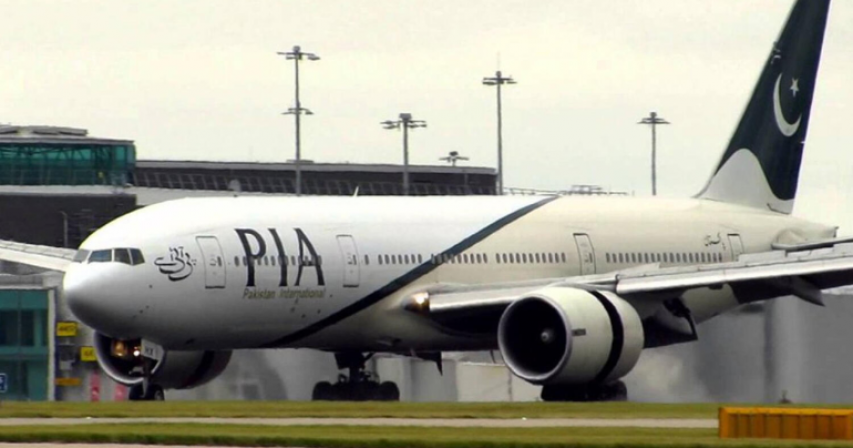Pakistan-bound Flight Delayed After 'Burning Smell' Detected

A Pakistan International Airlines (PIA) flight from Dubai to Islamabad faced a significant delay after passengers reported a burning smell coming from the food storage area. This incident, which occurred on a flight amidst the ongoing post-Haj operations, led to the declaration of an emergency at Dubai Airport, where essential services, including fire brigades and ambulances, were swiftly deployed, according to reports from Pakistani media on Saturday.
The unsettling smell was detected shortly after the aircraft had begun its boarding process. Passengers alerted the flight crew, who immediately took action to investigate the source of the odor. Given the potential risks associated with any unidentified burning smell on an aircraft, the crew decided to err on the side of caution and declared an emergency.
In response to the emergency declaration, the fire brigade and ambulance services were mobilized at Dubai Airport to ensure the safety of all passengers and crew on board. The swift response highlights the high level of preparedness and coordination between airport authorities and emergency services.
PIA's spokesperson confirmed the incident to ARY News, explaining that the burning smell originated from the food storage area. The crew conducted a thorough examination of the aircraft, including its food storage compartments, to identify and rectify any potential hazards. The detailed inspection was necessary to ensure that the aircraft was safe for continued operation.
During this period, passengers remained seated on the plane while ground staff and emergency responders worked diligently to address the issue. The delay, although inconvenient, was crucial for ensuring the safety and well-being of everyone on board. After a comprehensive assessment and confirmation that there was no further risk, the aircraft was cleared for departure.
Despite this incident, PIA has continued its post-Haj flight operations, which began on May 9 and are scheduled to run until June 10, 2024. These operations involve direct flights to Jeddah and Madina from eight major cities across Pakistan, including Islamabad, Karachi, Lahore, Peshawar, Multan, Quetta, Sialkot, and Sukkur. The airline aims to serve approximately 34,000 pilgrims through 170 flights during this period, catering to both government-sponsored and private pilgrims.
PIA's commitment to facilitating the Haj pilgrimage is underscored by the additional services provided to passengers. Notably, those departing from Karachi or Islamabad can benefit from the Saudi immigration facilities at the airport, a convenience made possible by the Road to Mecca Project. This initiative streamlines the immigration process, allowing pilgrims to complete necessary formalities before arriving in Saudi Arabia.
However, the airline has faced criticism for incidents of negligence in the past. Just a day before the Dubai-Islamabad flight incident, a tragic oversight occurred involving a PIA flight from Islamabad to Skardu. The staff failed to load the body of a six-year-old boy onto the flight, leaving his grieving parents to embark on their journey unaware of the mistake. Upon arrival in Skardu, the parents were devastated to learn that their son's body had been left behind at Islamabad Airport. This oversight led to severe emotional distress for the family, highlighting ongoing concerns about the airline's operational management.
The recent events underscore the challenges faced by PIA as it strives to maintain safety and operational standards. While the burning smell incident was resolved without any harm to passengers, it serves as a reminder of the critical importance of stringent safety protocols and attentive management in the aviation industry.
PIA, like all airlines, must continuously work to improve its safety and service standards to prevent such incidents and restore passenger confidence. The airline's commitment to serving the needs of pilgrims during the Haj season is commendable, but it must also ensure that all aspects of its operations, including routine flights, meet the highest standards of care and efficiency.
As the airline moves forward, addressing these issues will be vital to maintaining its reputation and ensuring the safety and satisfaction of its passengers.
By: Sahiba Suri





Comments